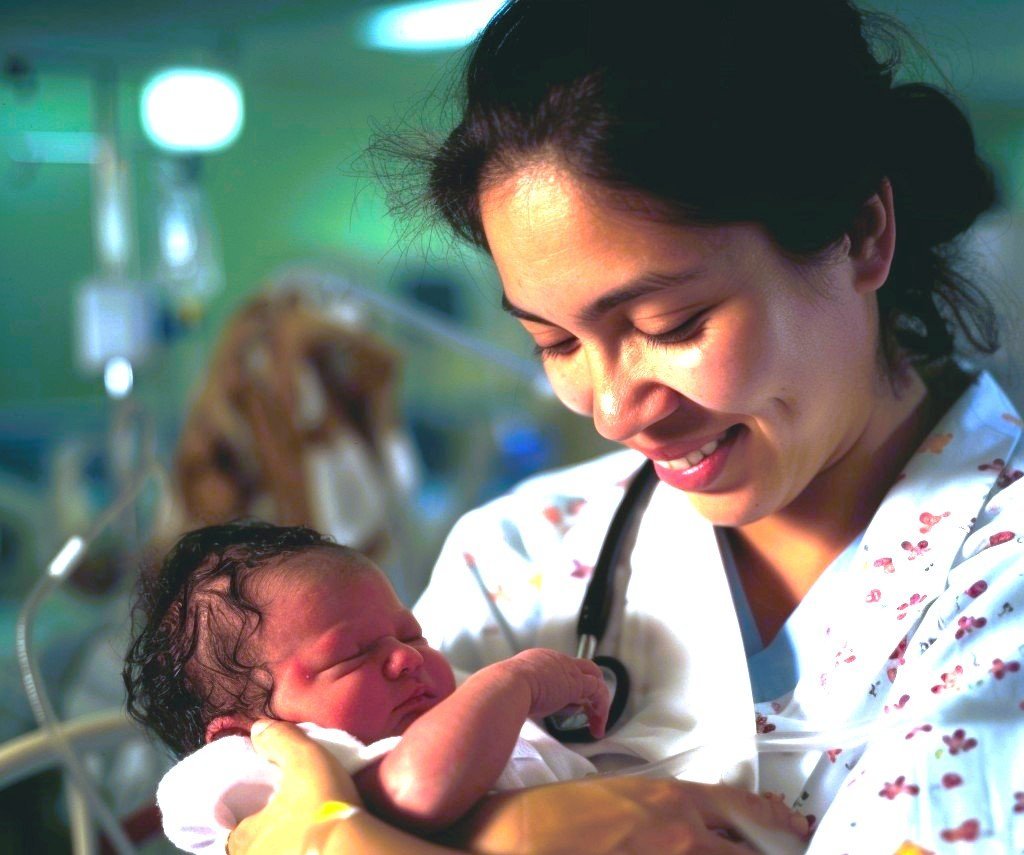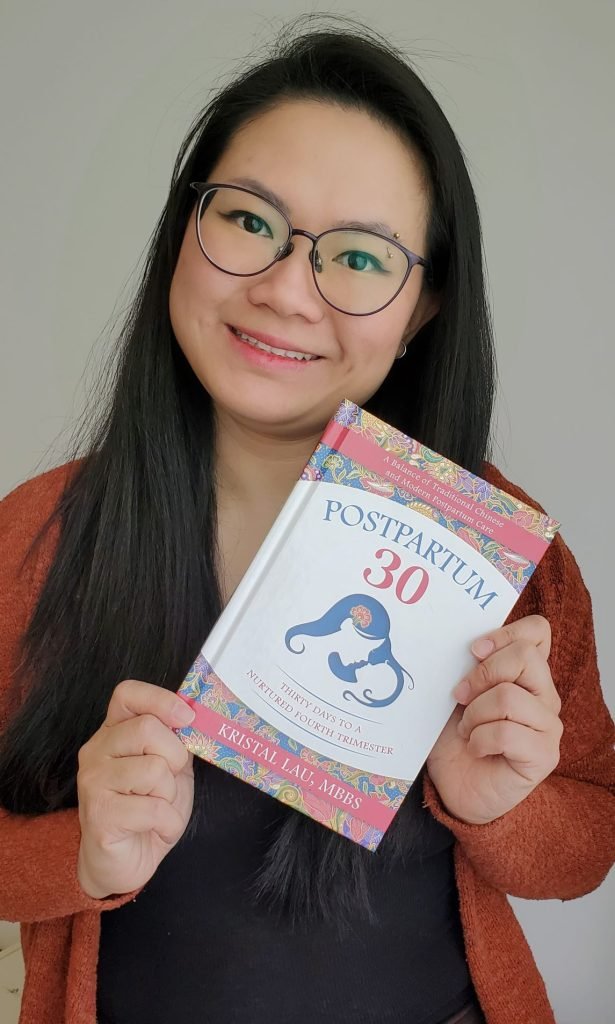Discover how a Confinement nanny aids postpartum recovery, providing care for the mother and newborn while offering emotional support and managing household chores. Learn about their roles, from preparing nutritious meals to preventing postpartum depression.
The Role of a Confinement Nanny in Postpartum Care
New mothers frequently find themselves overwhelmed by the demands of their newborn and their own recovery, a situation that requires the invaluable support of family, friends, or a Confinement nanny.
What is a Confinement Nanny?
A Confinement nanny is a trained personnel, sometimes referred to as a postpartum nanny, who provides specialized care for both the mother and newborn during the early postpartum days. Confinement nannies help new mothers recover from childbirth by providing comprehensive care for both the mother and the newborn.
Traditionally, Confinement nannies are popular in Asian cultures, particularly China, where the concept of zuo yue zi—or the “sitting month”—is practiced. During that period, the mother is expected to rest and recover while the nanny takes over her daily responsibilities. The practice is rooted in traditional Chinese medicine principles and aims to restore the mother’s strength and vitality after childbirth.
The Duties of a Postpartum Nanny: More Than Just Baby Care
A postpartum nanny provides a wide range of services beyond basic newborn care. While they are highly skilled in handling infant care tasks such as changing diapers and managing feeding schedules, their role extends to supporting the mother’s recovery and ensuring that the household runs smoothly — preparing meals tailored to the mother’s nutritional needs, performing light housework, and offering guidance on self-care practices to encourage faster recovery.

Supporting Mental and Emotional Well-Being
The early postpartum days could be an emotional rollercoaster for many new moms. The stress of caring for a newborn, combined with physical exhaustion and hormonal changes, may affect the mental well-being of a new mother. Postpartum nannies provide not just physical support, but also emotional support—offering a listening ear and a comforting presence, which reduces feelings of isolation and anxiety.
Helping to Stall Postpartum Depression
One of the key benefits of having a postpartum nanny is the potential to reduce the risk of postpartum depression. With the nanny taking care of household chores and the baby, the mother gets to focus on her own recovery, which is key for her physical and emotional health. When a mother gets adequate rest and proper nutrition it maintains her mental well-being, which might prevent postpartum depression from taking a toll on her motherhood journey.
Additionally, the U.S. Preventive Services Task Force says that some counseling and talking about their feelings may prevent postpartum depression for women at increased risk of depression. Confinement nannies are known to lend a listening ear as part of their duties.
The Benefits of Having a Confinement Nanny
The presence of a Confinement nanny could ease the transition into parenthood for new mothers. The benefits include:
- Expert Newborn Care: A Confinement nanny is trained to handle all aspects of infant care, from changing diapers to feeding schedules. That expertise ensures that newborn babies receive the best possible care during the critical first few weeks of life.
- Postpartum Recovery Support: A Confinement nanny is knowledgeable about traditional Chinese postpartum care practices that focus on holistic recovery for the mother. These practices often include preparing Confinement food—nutritious meals that promote healing and boost milk production.
- Emotional Support: The role of a Confinement nanny extends beyond physical care. They provide much-needed emotional support to new mothers, who may be dealing with hormonal changes, postpartum depression, or other emotional challenges.
- Assistance with Household Chores: One of the primary responsibilities of a Confinement nanny is to handle household chores such as cooking, cleaning, and laundry.
- Holistic Practices for Postpartum Healing: Confinement nannies often incorporate holistic practices and natural remedies into their care routines. That might include the use of herbal teas or abdominal binding to aid recovery and improve the mother’s comfort.
How to Choose the Right Confinement Nanny for You

With so many options available, from Chinese postpartum nannies to those specializing in modern care practices, it’s necessary to find someone who aligns with your values and needs. Here are some tips to guide your choice:
- Assess Your Needs: Understand what you’re looking for in a postpartum nanny. Do you need someone who specializes in traditional Chinese postpartum care, or are you looking for a nanny who combines modern and traditional methods? Consider what aspects of care—like newborn care, breastfeeding techniques, or help with household chores—are most important to you.
- Check Credentials and Experience: Look for nannies with the right qualifications. Experience in newborn care and a background in traditional practices or modern postpartum care can make a big difference. Don’t hesitate to ask for references or certifications.
- Cultural Compatibility: If you are interested in incorporating traditional Chinese medicine principles or Chinese culture into your postpartum care, finding a nanny familiar with these practices is vital. A postpartum nanny who understands the relevance of practices like zuo yue zi will provide not just physical care, but also emotional and cultural support.
- Communication Skills: The right nanny should have strong communication skills, including the ability to understand your concerns, provide emotional support, and offer advice tailored to your needs.
- Trial Period: If possible, arrange a trial period to see how well the nanny fits into your household and care needs. The period allows both you and the nanny to adjust and determine if it’s a good long-term match.
Where to Find the Right Nanny for Your Family
Whether you’re looking for someone well-versed in traditional Chinese postpartum care or a nanny who integrates modern practices, here are some practical options to explore:
Professional Agencies and Referrals
One of the most reliable ways to find a qualified Confinement nanny is through professional agencies that specialize in postpartum care. These agencies typically vet their nannies thoroughly, ensuring they have the necessary skills and experience. Alternatively, seeking referrals from friends, family members, or healthcare providers should also lead you to a trusted nanny.
Online Platforms and Community Networks
With the rise of online platforms, finding a postpartum nanny has become more accessible than ever. Websites dedicated to nanny services and postpartum care often feature profiles of available nannies, complete with their qualifications, experience, and reviews from previous clients. Community networks and social media groups may also be valuable resources for finding local nannies who come highly recommended by other parents.
Consulting Experts Like Dr. Kristal Lau
If you’re seeking a more personalized approach to postpartum care, consulting experts like Dr. Kristal Lau (MD) can be incredibly beneficial. Dr. Lau, a renowned expert in postpartum wellness, emphasizes the importance of integrating cultural practices into postpartum care.

Dr. Lau’s comprehensive understanding of both clinical and traditional postpartum practices allows her to offer tailored advice to new parents. Her guidance will help you determine the type of care that best suits your needs—whether that involves traditional Chinese medicine principles, modern clinical practices, or a blend of both.
Chinese Postpartum Nannies and Modern Postpartum Care
A Chinese postpartum nanny, also known as a yuesao, plays a unique role in postpartum recovery. These nannies are trained in both modern and traditional postpartum care practices, making them an invaluable resource for families looking to balance the benefits of contemporary medical knowledge with time-honored traditions.

Chinese postpartum nannies are particularly skilled in preparing traditional Confinement foods that are designed to enhance milk production and promote faster recovery. They understand the importance of specific foods and their role in healing, such as black sesame seeds for strengthening bones and improving lactation. These nannies also often incorporate herbal medicines and herbal teas into the diet to support overall wellness and recovery.
In addition to their culinary skills, Chinese postpartum nannies are trained in techniques derived from traditional Chinese medicine principles. For example, they may use warm water baths to promote circulation or suggest light exercises to aid in recovery. This blend of modern and traditional approaches makes Chinese postpartum nannies a popular choice for families seeking a holistic recovery plan.
FAQs About Confinement Nannies
What is the difference between a confinement nanny and a regular nanny?
A Confinement nanny is specifically trained in postpartum care and focuses on both the mother’s recovery and the newborn’s care, while a regular nanny may provide general childcare without specialized postpartum training.
How long should I hire a confinement nanny?
The typical duration for hiring a Confinement nanny is around 30 days, aligning with the traditional confinement period or “sitting month,” but this varies based on individual needs and preferences.
What are some traditional confinement foods?
Traditional Confinement foods often include black sesame seeds, ginger, and red meat to promote healing and boost energy levels. These foods are believed to help restore the mother’s strength after childbirth.
Can a confinement nanny help with breastfeeding?
Yes, a Confinement nanny is well-versed in breastfeeding techniques and may provide invaluable support in helping new mothers with breastfeeding, from proper latching techniques to managing milk supply.
Is a confinement nanny suitable for all cultures?
While Confinement nannies are most common in Asian cultures, their expertise in postpartum care and newborn care is beneficial to any new mother, regardless of cultural background. Many nannies are flexible and adaptable to different cultural practices and preferences.
